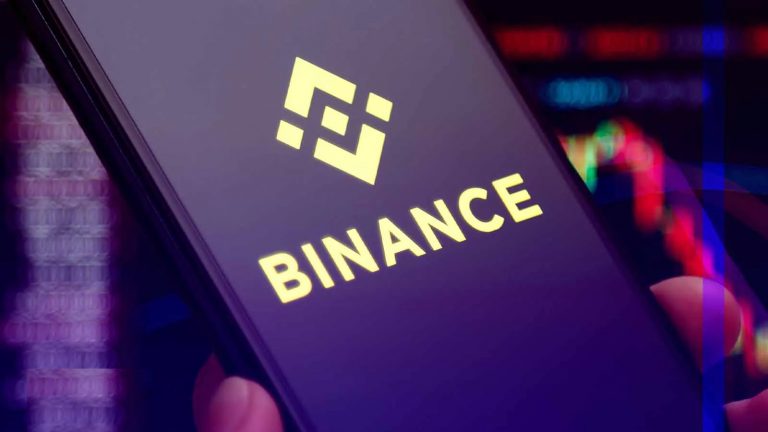The Federal Government of Nigeria’s government has detained two senior executives of Binance, a prominent cryptocurrency exchange company in Africa.
This move comes in the wake of escalating tensions surrounding the regulation of cryptocurrencies in the country, with significant implications for both the financial sector, national security and the Nigerian economy.
The Arrest and Regulatory Landscape
According to a report by the Financial Times, the executives were arrested upon their arrival in Nigeria after the government imposed a ban on Binance’s website. Officials from the Office of the National Security Adviser carried out the arrests and confiscated their passports, signalling a serious crackdown on crypto activities within the nation.
Nigeria, known for being one of the largest peer-to-peer crypto markets globally, has seen a surge in crypto transactions, reaching $56.7 billion between July 2022 and June 2023.
Read also: Binance Global Head of Product quits
Government’s Stance and Actions
The Nigerian government’s actions are part of broader efforts to curb speculation on the naira and address concerns related to illicit financial activities facilitated through cryptocurrency exchanges. Recent measures include blocking online platforms of Binance and other crypto firms by the Nigerian Communications Commission to prevent market manipulation and unauthorised fund movements.
These measures prompted a number of cryptocurrency exchanges, including Binance, to restrict consumers from purchasing the USDT and USDC stablecoins on Wednesday.
Meanwhile, Governor of the Central Bank of Nigeria (CBN), Olayemi Cardoso, raised alarm over alleged illicit financial flows through crypto platforms like Binance. During a press briefing, Cardoso highlighted significant sums passing through Binance Nigeria without proper identification of sources or users, emphasising the need for stringent oversight.
According to Cardoso, the apex bank is “concerned that certain practices go on that indicate illicit flows going through a number of these crypto platforms and suspicious flows at best. In the case of Binance, in the last year alone, $26bn has passed through Binance Nigeria from sources and users who we cannot adequately identify.”
He added that the government has mobilised various agencies, including anti-corruption bodies and law enforcement, to investigate cryptocurrency exchanges thoroughly.
Presidential Concerns and Economic Impact
Special Adviser to President Bola Tinubu on Information and Strategy, Bayo Onanuga, expressed grave concerns about Binance’s potential impact on Nigeria’s economy. Onanuga warned that failure to regulate Binance could lead to economic destabilisation due to arbitrary foreign exchange rate fixing by the platform.
Onanuga said: “If we don’t clamp down on Binance, Binance will destroy the economy of this country. They just fix the rate.”
“The parallel market is not the real gauge of Nigeria’s economic health. The parallel market is an illegal market. I don’t even know why Nigerians and the media are feeding on the parallel market. That is not where we should go; what’s the CBN rate? As [on] Friday, the rate for the dollar was about N1600.”
He accused Binance of being a threat to the country, stating, “We have saboteurs. Look at what Binance is doing to our economy. That is why the government moved against Binance. Some people sit down using cyberspace to dictate even our exchange rate, hijacking the role of the CBN.”
He urged Nigerians to rely on official channels like the CBN for foreign exchange transactions rather than engaging in parallel markets.
He assured that, prices of goods and services in Nigeria will normalise once the CBN is able to successfully stabilise the exchange rate. “Things are not going to get worse. They are going to get better in the next few weeks,” he noted.
Future Outlook and Economic Stability
Onanuga remains optimistic about Nigeria’s economic prospects once exchange rate stability is achieved through regulatory interventions. By discouraging reliance on unofficial FX rates and emphasising the CBN’s role as the sole legitimate platform for currency exchange, he aims to steer the economy towards normalisation and growth.
















